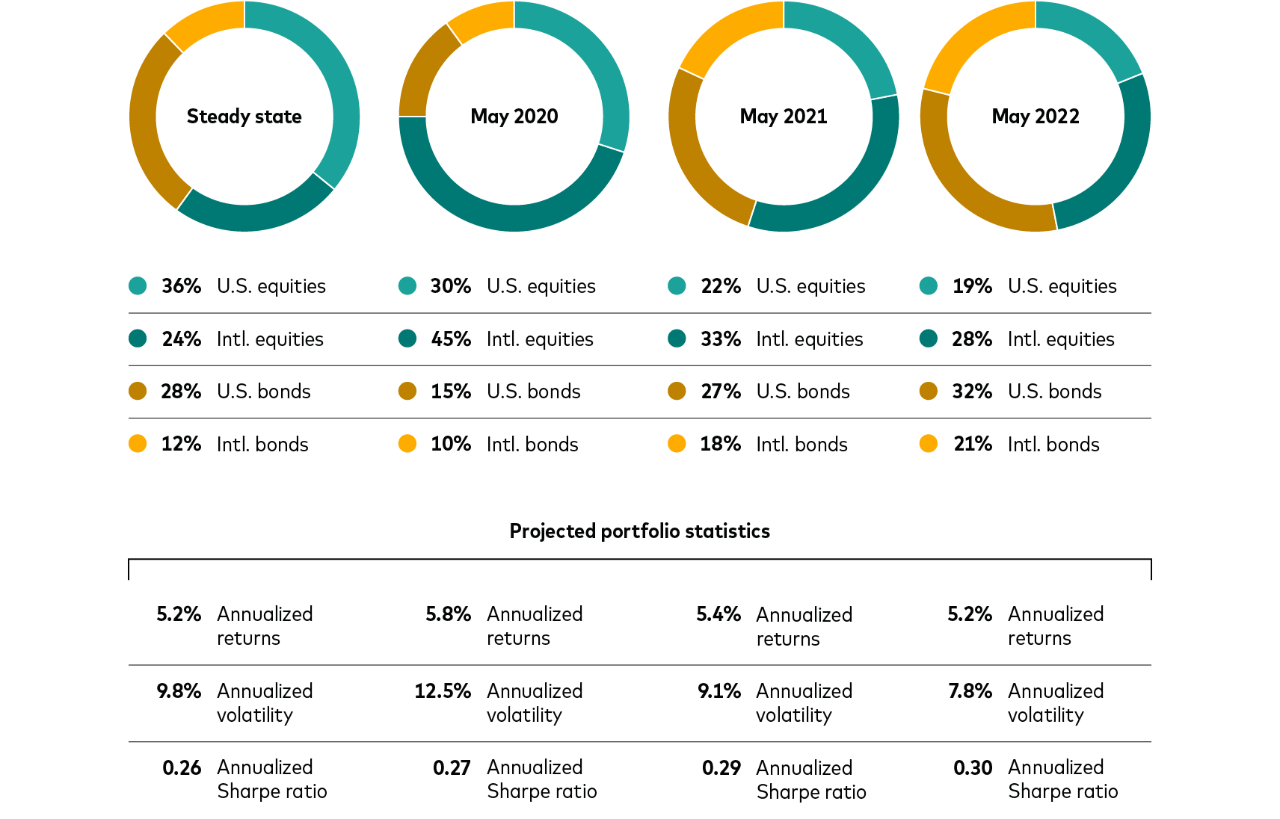Economics and markets
Unfolding trade situation calls for investor discipline
April 02, 2025
Although the U.S. tariff announcement on April 2 adds some clarity to the administration’s tariff stance, the situation remains fluid.

All other factors being equal, higher tariffs and other barriers to trade are apt to slow economic activity and lift inflation rates—at least in the short run.
In the intermediate to longer term, however—the latter period being the most important one for investors—trading partners are likely to adjust their policies. Representatives of affected countries are likely to negotiate with one another. Further policy adjustments may follow. Companies and consumers may reconsider their saving, spending, and investment options. Central bankers may reconsider their policies in pursuit of sustainable economic growth and stable prices. In short, a dynamic global economy almost certainly will adjust.
For investors, uncertainty may rise and fall—but it is never absent
Vanguard continually analyzes multiple factors to formulate macro- and microeconomic perspectives that help inform our investment management practices around the world.
We have extensive experience effectively stewarding investors’ assets through geopolitical events and other market uncertainty. We leverage five decades of investment and risk management expertise to navigate such complex scenarios.
Cautioning investors against tactical portfolio changes
Given potential tariff countermeasures and their effects, Vanguard believes it would be imprudent to attempt to identify specific investment implications immediately following the announcement. Financial markets may respond quickly to developments as they unfold in the near term, but we caution long-term investors against reacting with tactical or short-term changes to well-considered investment plans.
We will continue, as ever, to monitor evolving economic conditions and share our economic and market perspectives in a timely fashion.
Notes: All investing is subject to risk.